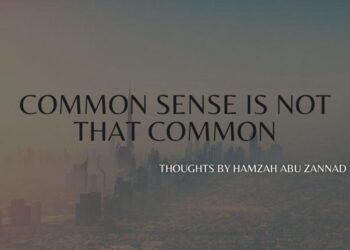Despite import taxes, US inflation remained stable in July, supporting speculation that the Fed may lower interest rates the following month. According to recent government data, consumer prices increased 2.7% in July, matching June’s pace, as price increases for goods like coffee, tomatoes, and tools were offset by decreased energy costs. The more restrained rate of price increases, according to analysts, may strengthen the argument for the US central bank to reduce borrowing costs in order to boost the economy as job creation slows.
However, prices increased at the quickest rate since February according to an underlying inflation measure, which is seen to be a better gauge of economic developments. According to figures released Tuesday, so-called core inflation—which excludes the cost of food and energy—rose 3.1%, the fastest rate in six months. Seema Shah, Principal Asset Management’s chief global strategist, stated that she still anticipated the Federal Reserve will reduce borrowing prices in September in order to stimulate the US economy.
“There is some sign of tariff pass through to consumer prices but, at this stage, it is not significant enough to ring alarm bells,” she stated. However, she cautioned that when businesses begin to run out of commodities they brought into the nation prior to the tariffs taking effect, the issue may get more complex in the coming months.
Also Read:
Trump’s Alleged Military Strategy Against Drug Gangs is Rejected by Mexico
The Dollar Rise, Tariffs, and Outflows Might Cause the Indian Rupee to Drop to a New Low































































